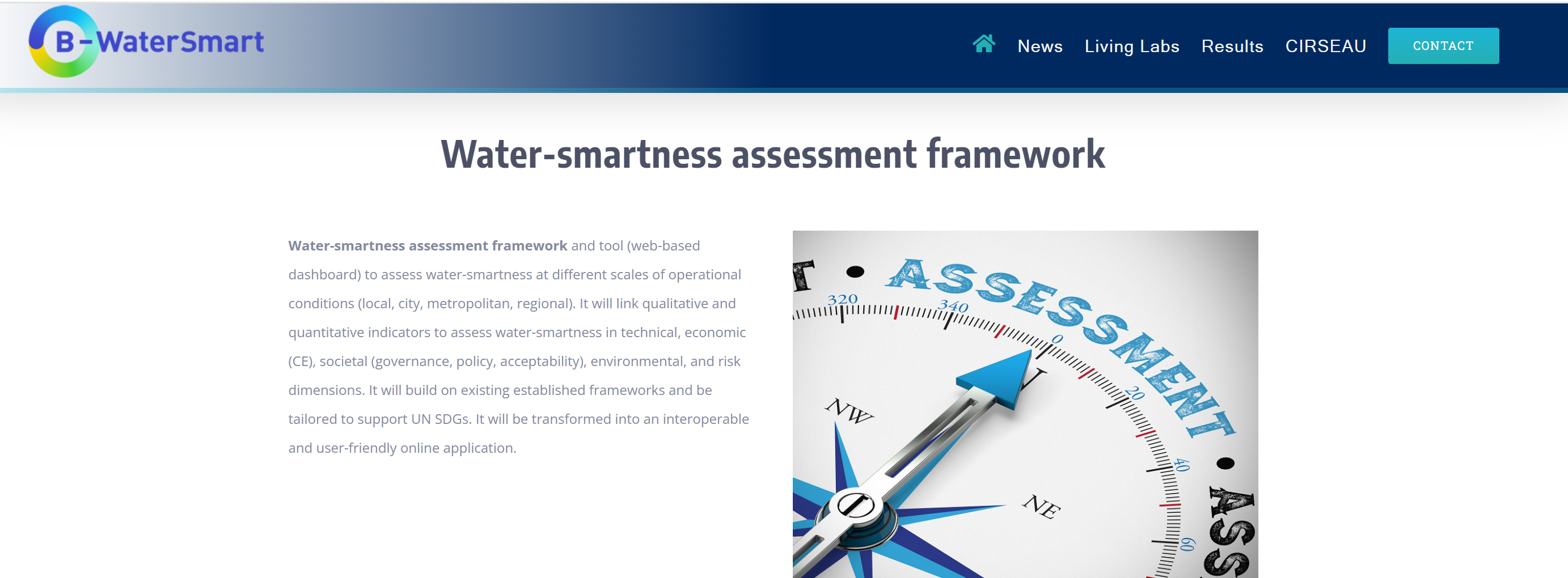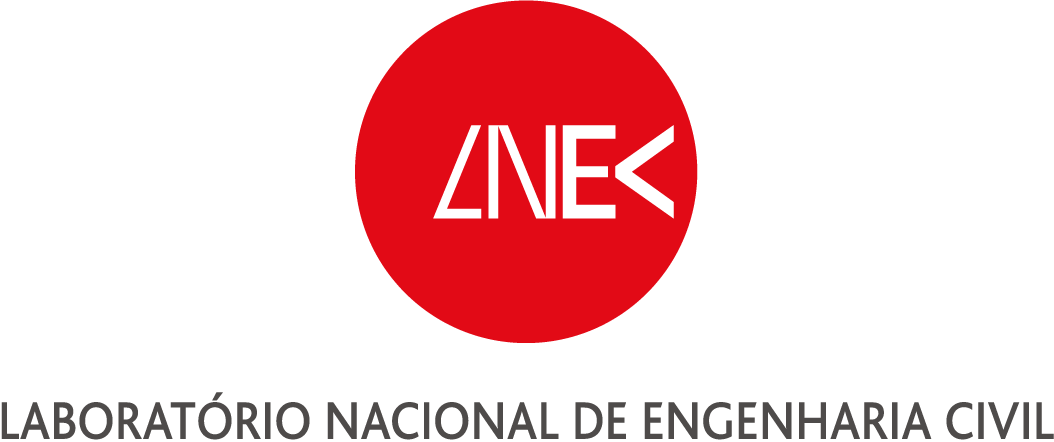
The Water-smartness Assessment Framework was developed under the H2020 B-WaterSmart project (Accelerating the transformation to water-smart economies and societies in coastal Europe and beyond) to assess and monitor water-smartness addressing technical, economic (circular economy), societal (governance, policy, acceptability), environmental, and risk dimensions. This holistic framework provides an integrated approach to support multi-stakeholder and strategic decision-making towards the transition to a water-smart society. It is objective-driven with a tree-model composed of objectives, assessment criteria and metrics allowing to develop tailored assessments and analysis, and to track compliance with established goals. It facilitates a clear identification of main strengths and weaknesses, establishment of priorities and monitoring of progress in implementing water-smart strategies. Its mission is to empower cities with a practical methodology to support decisions on the measures needed to achieve a water smarter society and to develop strategies considering the long-term.
Water-smartness assessment framework is to be utilised to assess the water smartness at different scales, local, city, metropolitan, regional. It is primarily designed to be used by region or city authorities and managers, strategic services operators. It can also be used by metropolitan areas, consultancy services, multilateral organizations or researchers. Key contributions include improving understanding the current status; evaluating the impact of identified measures; supporting the assessment of progress over time; informing how actions contribute to citywide scaling efforts; and strengthening stakeholder communication..
Dr. Maria Adriana Cardoso
macardoso@lnec.pt




